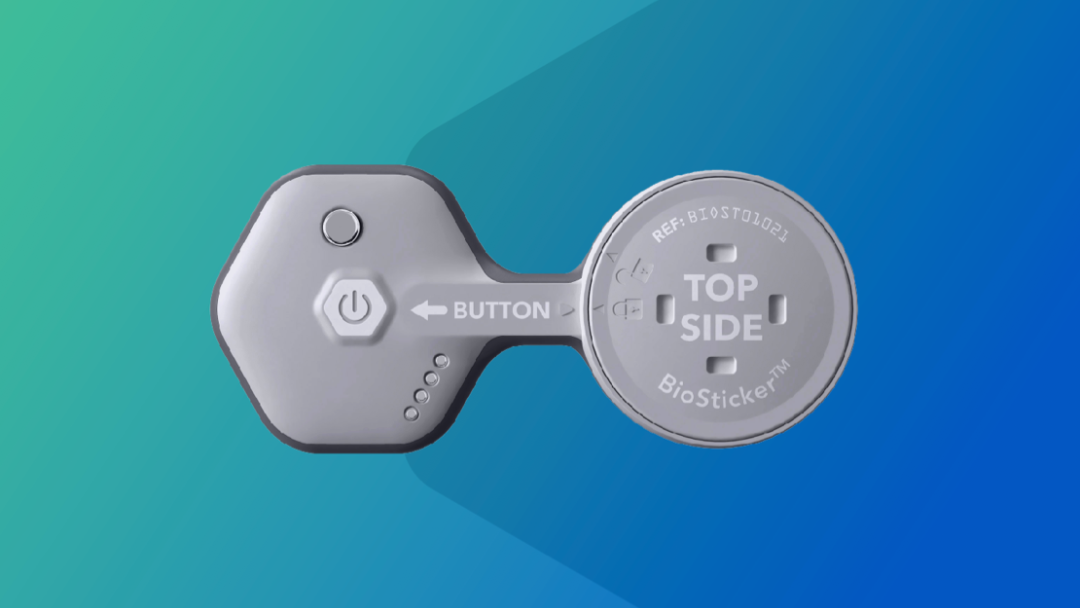
by Bill Malloy | Jul 22, 2021 | Communication, Health, Services, Technology
One of the fastest-growing markets in healthcare technology is the Internet of Medical Things (IoMT). This term refers to medical devices with network connectivity that are able to communicate with each other as well as healthcare information technology systems. The...

by Bill Malloy | Jun 24, 2021 | Business, Data, Health, Services, Technology
The world is rapidly becoming more digitalized, and the coronavirus pandemic drove a lot of technological development in healthcare. With emerging technologies like robots that perform surgery and artificial intelligence-driven chatbots, the concern that tech is...

by Bill Malloy | Jun 17, 2021 | Communication, Health, Services, Technology
Google recently announced a partnership with the national hospital chain HCA Healthcare Inc. to develop algorithms from patient records that can be used within clinical care delivery. Currently, HCA operates about 2,000 clinical locations in 21 states. According to...

by Bill Malloy | Jun 10, 2021 | Business, Health, Services, Technology
The healthcare tech industry has grown rapidly in the past few years with the development of new electronic health records, wearables, remote monitoring devices, and more. The enforced social distancing measures of the COVID-19 pandemic were a major driver of this...

by Bill Malloy | Jun 3, 2021 | Business, Data, Health, Services, Technology
Technological advancements are quickly reshaping the delivery of healthcare in the United States and beyond. Through new technology, it is possible to better triage potential health issues so that physicians can address the most serious cases first. In addition,...

by Bill Malloy | May 12, 2021 | Communication, Data, Health, Services, Technology
The wearable technology industry has grown rapidly in the past few years. The first thing that usually comes to mind when you think of wearable technology is likely smartwatches or fitness trackers, such as those made by Apple and Fitbit. However, many other types of...







